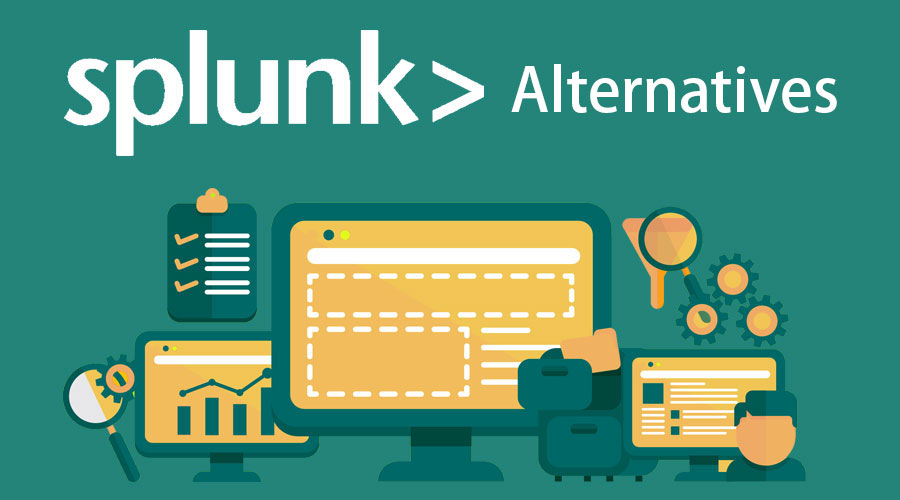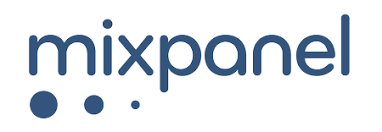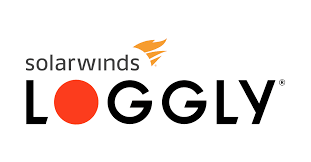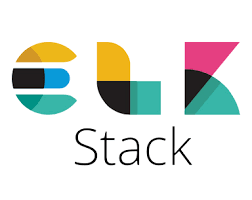Updated May 16, 2023
Introduction to Splunk Alternatives
Splunk has been prevailing as the most popular and dominant log management solution. This is because the logger whiz’s contribution to enterprise-grade logging management and SIEM has placed it the obvious choice for firms generating huge data and deducing insights from them. But later on, the log management prospect changed substantially. Emerging solutions and architectures such as microservices, IoT, container platforms, and clouds aided applications to facilitate new options better optimized for managing their log data.
If you are looking for better software, you have crashed in the right place. You can find below the sloped-down list of alternatives for Splunk.
Top 5 Splunk Alternatives
Below are the top 5 alternatives, which are as follow:
1. Mixpanel
It is also one of the famous log data analytics tools that can help you recognize the invalid data patterns to be handled. The simple web UI for viewing and managing events. ‘People analysis’ is one vital feature of Mixpanel, which monitors and manages the historical log data of users. This, in turn, smoothens communicating with users via notifications.
A few notable features are Bucket Testing, Versatile Data Visualization, Bookmarks, Annotations etc.
Price model: Encompasses basic free plan with limited functionalities, archiving data history span, and provides enterprise-level customizable annual plan up to 5+ years of data history archiving. The minimum pricing starts from $150.
2. Loggly
A Saas log management solution that offers an in-depth analysis of logs defining the complete infrastructure. One significant trait of Loggly is its agentless request consumption service which allows direct transmission over HTTP/HTTPS or Syslog. It also supports parsing many formats from various sources, including AWS, Java Backlog, Syslog source, Docker, Windows, and Linux logs. Besides the supported sources, the user can design custom-defined parsing rules for uncalled formats. Unfortunately, it does not support an on-premise solution.
Loggly has a dynamic field explorer where one can search, filter, and summarize logs on a single screen. With this functionality, the user can work without having prior knowledge of querying syntax. The resultants are then converted into event alerts for real-time updates. Being agentless, each log prompting application should be configured to delegate the logs to Loggly. Platform with distributed architecture often requires third-party solutions, making Loggly apt for small-scale deployments.
Price model: Basic plans range from $79 per month, which offers up to 30 GB/month of utilization and comparatively narrowed with standard features than the enterprise-class, whereas the enterprise plans range from $349/month.
3. Sumo Logic
Another alternative to Splunk is Sumologic. It incorporates the efficiency and convenience of a commercial SaaS platform with a free entry-level plan for small projects and hobbyists. It does not influence your application’s infrastructure as a particular implementation trait. Searching and analyzing data logs in real time is simple. You can easily create and cluster data on the run. You can observe and visualize past and real-time events. It helps to maintain security and compliance.
Designed conceptually as a “Splunk in the cloud,” the platform shares many of its other contender’s features, namely enabling the search, refinement, and charting of mass amounts of log data. One of Sumo Logic’s main selling points is its ability to establish baselines and actively notify administrators when the metrics change after an event,
Price model: Sumo Logic offers a free plan with 0.5GB/day (15GB/mo) log data ingestion and can be tailored according to requirements with efficient pricing.
4. LogDNA
LogDNA is another Splunk alternative that prevails to be the easiest log management tool, with a motive to counteract major restraints in other log management solutions and effortlessly scale along with an increase in log volume. Its support extends to cloud-based, on-premise, private cloud, and hybrid/multi-cloud by offering extensive feasibility.
LogDNA seamlessly fit all enterprise of any scale. Unlike other solutions, LogDNA requires minimal onboarding and zero configuration to delegate logs. With LogDNA, you can effortlessly index logs, filter, and tail the needed segments efficiently with the supporting custom views and graphs. On the run, you can create custom dashboards or provide custom-defined notifier logs to customers. With all due aspects, it is also security compliant.
LogDNA follows a pricing model with no data caps but relies on usage stats.
Price model: Monthly Plans range from $1.50 per GB to $3 per GB per month. To get started, the user can avail of 14 days of free trial on a desirable plan.
5. Elastic Stack
The Elastic Stack (ELK stack) has been a leading open-source log management solution. It is an excellent alternative to Splunk.
It comprises 4 major modules:
- Elasticsearch: Highly scalable search and analytics engine.
- Logstash: Log processing component which conduits incoming logs to ES.
- Kibana: A data visualization tool for the logs captured.
- Beats: Also called data shipped for elastic search.
A regular stack provides the tools to conduct, process, and view log data using a web-based UI with binary dependency as Java. The Elastic stack is an open-source tool and stands stable with an active developer community supporting throughout, a wide range of plugins, and extensive formats support.
Conversely, running the Elastic Stack can be more complex than other market tools. It is highly distributed and requires a scaled supportive configuration setup to work as a full-fledged solution. It gets along best for geographical data and records high compression of memory storage.
Price model: The premium version of Elastic Stack provides access controls, statistical notifiers and reporting solutions in addition to the standard functionalities of the free version. However, it is also expensive to implement pricing of almost $2,000,000 to run at an enterprise scale with a three-year duration stretch.
Recommended Articles
This has been a guide to Splunk Alternatives. Here we have discussed the top 5 Splunk alternatives with their price model. You may also look at the following articles to learn more –






